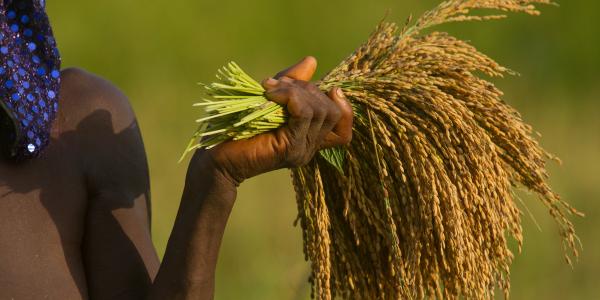Agri-Food Workshop Speaker Judith Carney to deliver "Seeds of Memory: Food Legacies of the Transatlantic Slave Trade"
The popular image of Africa today is of a hungry continent, a continent chronically unable to feed itself, one that continually requires foods from other lands to keep its citizens from starvation. Yet this was not always so. Africans fully participated in the process of plant and animal domestication that occurred across the globe many thousands of years ago. Even during the period of transatlantic slavery, Africans in the New World actively instigated the cultivation of African food plants such as okra, yams, sorghum, millet, rice, and black-eyed peas. In their food fields, the enslaved Africanized the foodways of plantation societies that today are the celebrated cuisines of the African diaspora.
This talk shifts our usual historical focus from the export crops slaves produced to the foods they planted for their own subsistence. Emphasis is on the role of African foods in provisioning the transatlantic slave trade, the slave ship as a medium for their circulation, and the slave food plots where these foods initially appeared. Slave ships carried African foodstaples and food animals along with enslaved peoples familiar with their cultivation and husbandry. My discussion underscores the significance of the transatlantic slave trade for the circulation of African plants, animals, and natural knowledge in the Atlantic World.

